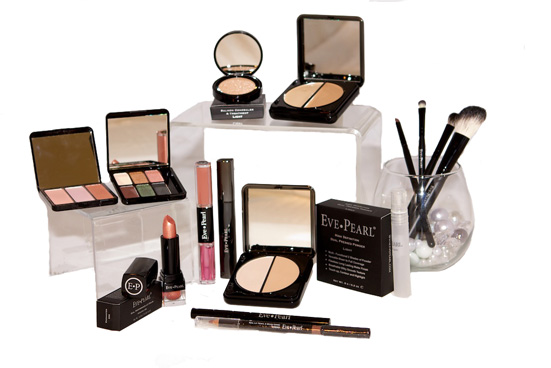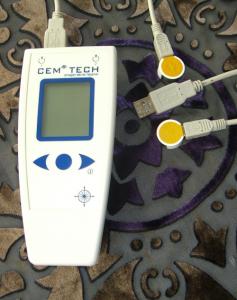Coping with Spring Fever: Effective Home Remedies for Allergies
As some of
you have already guessed it, the biggest spring allergy trigger is pollen --
tiny grains released into the air by trees, grasses, and weeds for the purpose
of fertilizing other plants. When pollen grains get into the nose of someone who’s
allergic, they send the immune system into overdrive.
The immune
system, mistakenly seeing the pollen as foreign invaders, releases antibodies
-- substances that normally identify and attack bacteria, viruses, and other
illness-causing organisms. The antibodies attack the allergens, which leads to
the release of chemicals called histamines into the blood. Histamines trigger
the runny nose, itchy eyes, and other symptoms of allergies.
Allergy
symptoms tend to be particularly high on breezy days when the wind picks up
pollen and carries it through the air. Rainy days, on the other hand, cause a
drop in the pollen counts because the rain washes away the allergens.
Some
allergies are severe and require the attention of a doctor or other health care
professional. For milder cases, though, home remedies may provide all the
relief you need, with relatively little expense or hassle. Even people with bad
allergies who need medication may find these at-home tips helpful for easing
symptoms. Although there is no magical
cure for spring allergies, there are a number of ways to combat them, from
medication to household habits. What can we do about it?
One of the
best home remedies for pollen allergies is avoiding allergens as often as possible.
People susceptible to allergens should avoid going outside on a dry, windy day,
or wear a mask while doing outdoor activities. Keep pollen outdoors by closing
doors and windows and running air conditioners while riding in cars or staying
at home. If allergy sufferers live in a home, other members of the household
and the person with allergies should remove clothing and clean their body so
pollen doesn't spread throughout the home.
Red and
green teas are great for treating seasonal allergies. Both are high in
antioxidants, which are thought to be allergen fighters. Additionally, red tea
has been used medicinally for centuries in South Africa to treat various
conditions, including allergies, and is even safe enough to give to babies for
colic. Drink a cup of red or green tea when allergy symptoms flair up to soothe
itchy eyes and nasal passages.
It is
thought that taking a spoonful of bee pollen daily can help with seasonal
allergies. By exposing oneself to a small amount of allergens (in the bee
pollen) on a daily basis, it is thought that one can build up immunities to
seasonal allergens. If bee pollen is not available, honey can be used to
achieve similar results.
Certain
spices can play a role in treating allergies. Spices like cayenne pepper have
been known to prevent congestion and mucous buildup associated with pollen
allergies. The heat from cayenne peppers causes the body to release secretions
that naturally thin mucous buildup and clear breathing pathways such as the
lungs and nasal passage.











